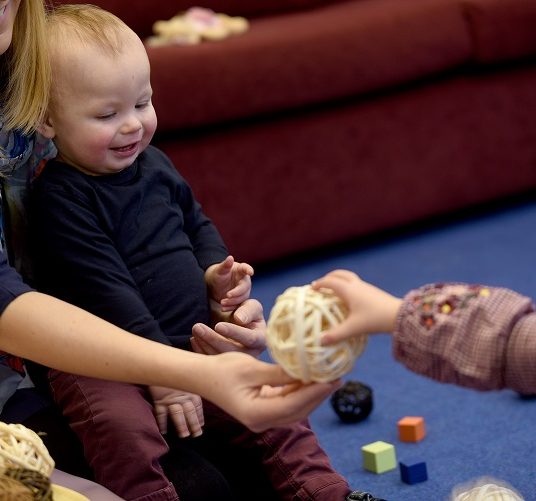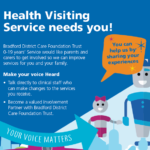Emergency contact
Family Health services are only available during working hours, Monday to Friday and are not available at weekends or bank holidays. We do not provide an emergency or out of hours service.
For urgent or emergency health care
Call 999 – for a medical emergency, when someone is seriously ill or injured and their life is at risk; see when to call 999 for more details.
Accident and Emergency (A&E) – for genuine life-threatening emergencies; see when to go to A&E for more details.
NHS 111 on-line at nhs.uk or call 111 – if you need help but it’s not an emergency.
Dental – your dentist may be able to see you or direct for emergency dental treatment or may direct you to another dental service. If you aren’t registered with a dentist or your emergency is out of hours, call NHS 111 for advice including the cost of any treatment.
For non-urgent health care
GP – for a wide range of family health services; you can search for your local GP services including how to register; if your GP is closed you can go to nhs.uk or call 111 that will direct you to the right local service.
Pharmacist – you can talk to your local pharmacist for advice on minor illnesses or medication.
For urgent mental health support
Bradford district
For urgent mental health support in Bradford district call First Response on 0800 952 1181, available for free 24 hours a day, seven days a week.
For safeguarding support
Safeguarding children is everybody’s business. Safeguarding children means protecting children from physical, emotional or sexual abuse or neglect. It also means improving their life chances by supporting children to grow up to be confident, healthy and happy adults.
If you are concerned that a child is being harmed you must not keep these concerns to yourself. Contact the numbers above to ensure that you speak to a suitable person who can listen to and record your concerns, and then take the appropriate action. See Bradford Council’s website.
For domestic abuse support
Domestic abuse affects one in four women and one in six men. It is likely to get worse in situations such as pregnancy or when alcohol use is involved. We ask routinely when we have contact with you if this is something you are concerned about. We can provide information and support. See Bradford Council’s website for more information or support.




